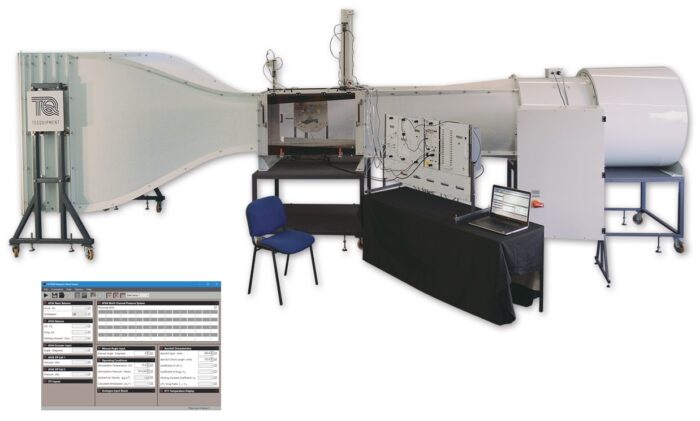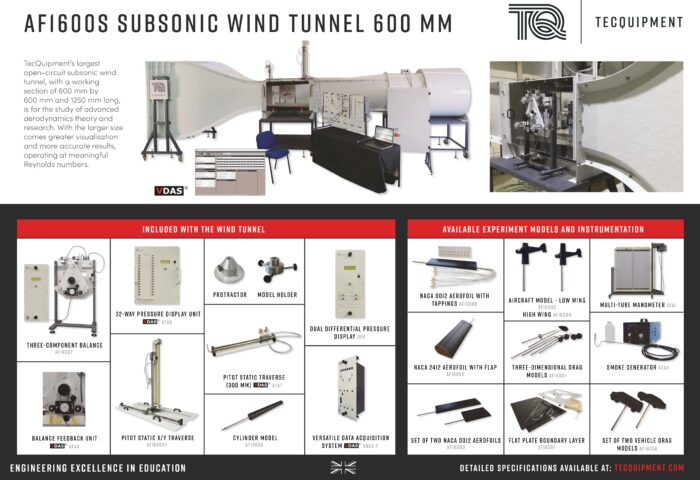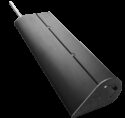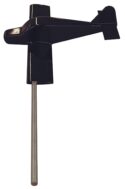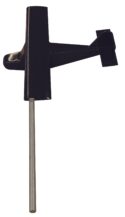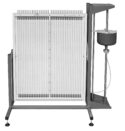Paquete
AF1600S

SUBSONIC WIND TUNNEL 600mm
An open circuit suction subsonic wind tunnel with a working section of 450 mm by 450 mm and 1000 mm long. Package includes the Aerofoil with Tappings, a Three-Component Balance, two Differential Pressure Transducers, a 32-Way Pressure Display Unit and data acquisition (VDAS-F).
If you have any questions or you'd like to discuss a product, please call us.
+44 1159 722 611SUBSONIC WIND TUNNEL 600mm
A compact, practical open-circuit suction wind tunnel for studying aerodynamics. The wind tunnel saves time and money compared with full-scale wind tunnels or airborne laboratories.
The wind tunnel gives accurate results and is suitable for undergraduate study and research projects.
Air enters the tunnel through an aerodynamically designed effuser (cone) that accelerates the air linearly. It then enters the working section and passes through a grill before moving through a diffuser and then to a variable-speed axial fan. The grill protects the fan from damage by loose objects. The air leaves the fan, passes through a silencer unit and then back out to atmosphere.
A separate control and instrumentation unit controls the speed of the axial fan (and the air velocity in the working section).
A metal frame supports the wind tunnel. The frame includes lockable castors for convenient mobility.
Included with the wind tunnel:
- Three-Component Balance (AF1450T)
- NACA 0012 Aerofoil with Tappings (AF1450B)
- A 150 mm chord 300 mm span NACA0012 aerofoil with pressure tappings.
- Differential Pressure Display (AF1450V) x 2
- Measures and displays pressures with respect to the atmosphere or differential pressures.
- 32-Way Pressure Display Unit (AF1450W)
- Measures and displays up to 32 different pressures from models, Pitot-static tubes and other measuring instruments fitted to the wind tunnel.
- Versatile Data Acquisition System (VDAS-F)
- A frame mounting versatile data acquisition system (VDAS®) to allow computer-based data capture.
Learning outcomes
A wide variety of subsonic aerodynamics experiments (some need ancillaries), including:
- Flow past bluff and streamlined bodies with pressure and velocity observations in the wake
- Investigations into boundary layer development
- Influence of aspect ratio on aerofoil performance
- Performance of an aerofoil with flap, infl uence of flap angle on lift, drag and stall
- Pressure distribution around a cylinder under sub- and super-critical fl ow conditions
- Study of characteristics of models involving basic measurement of lift and drag forces
- Study of the characteristics of three-dimensional aerofoils involving measurements of lift, drag and pitching moment
- Study of the pressure distribution around an aerofoil model to derive the lift, and comparison with direct measurements of lift
- Drag force on a bluff body normal to an air flow
- Flow visualisation

